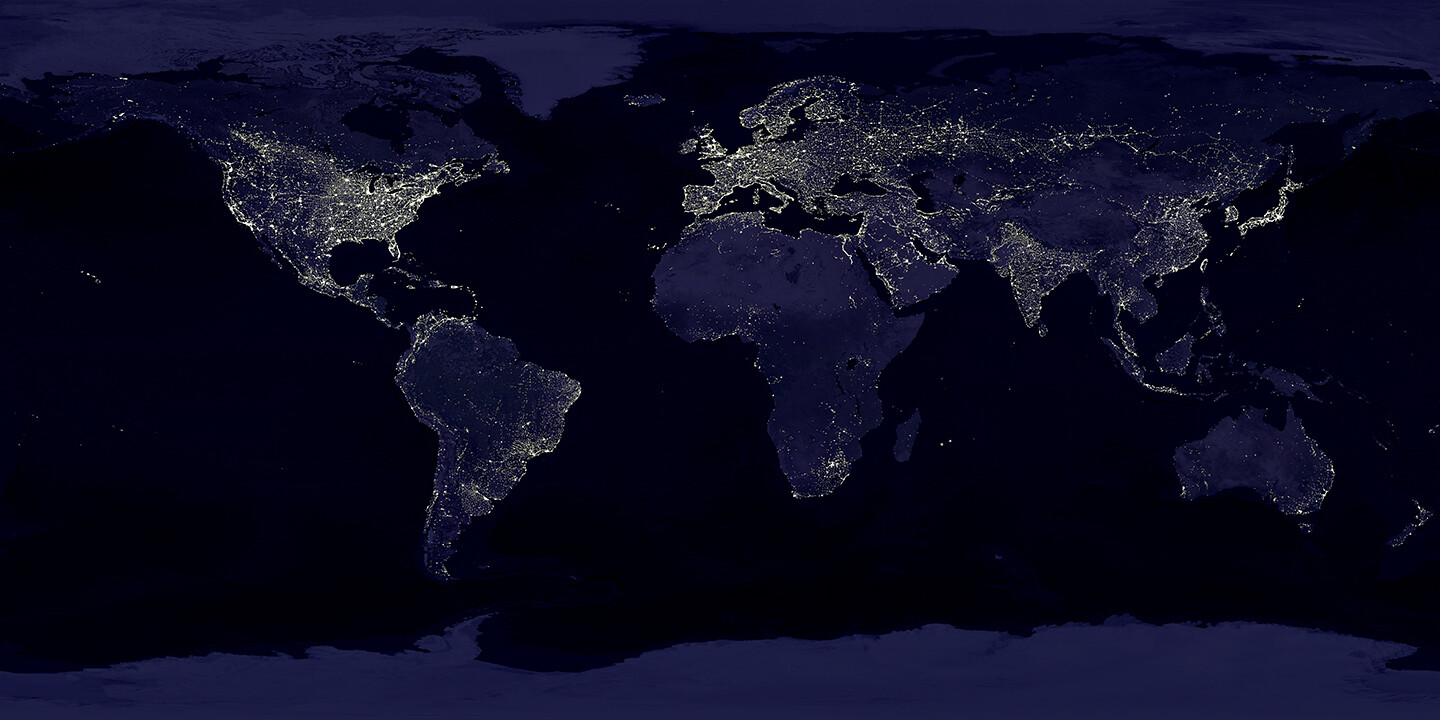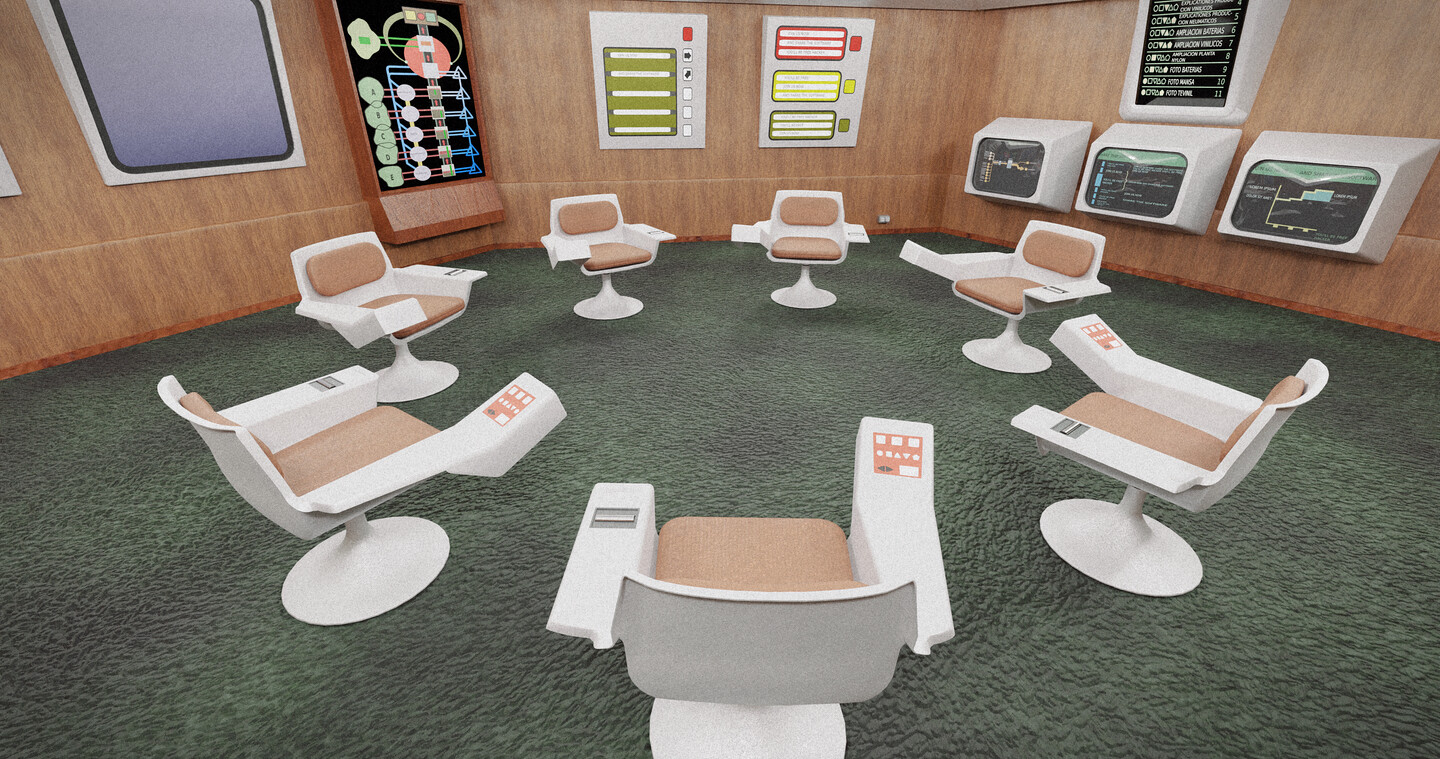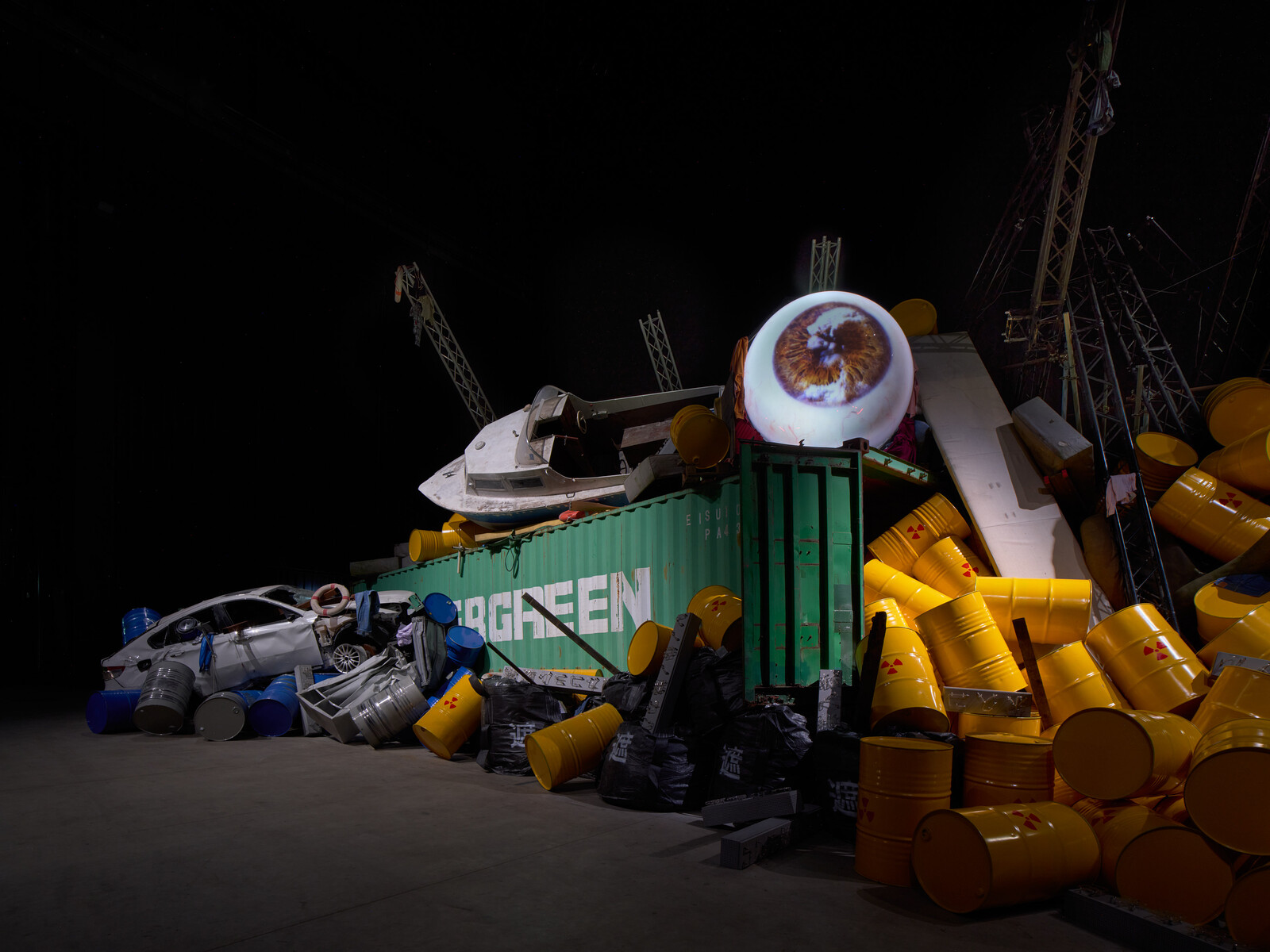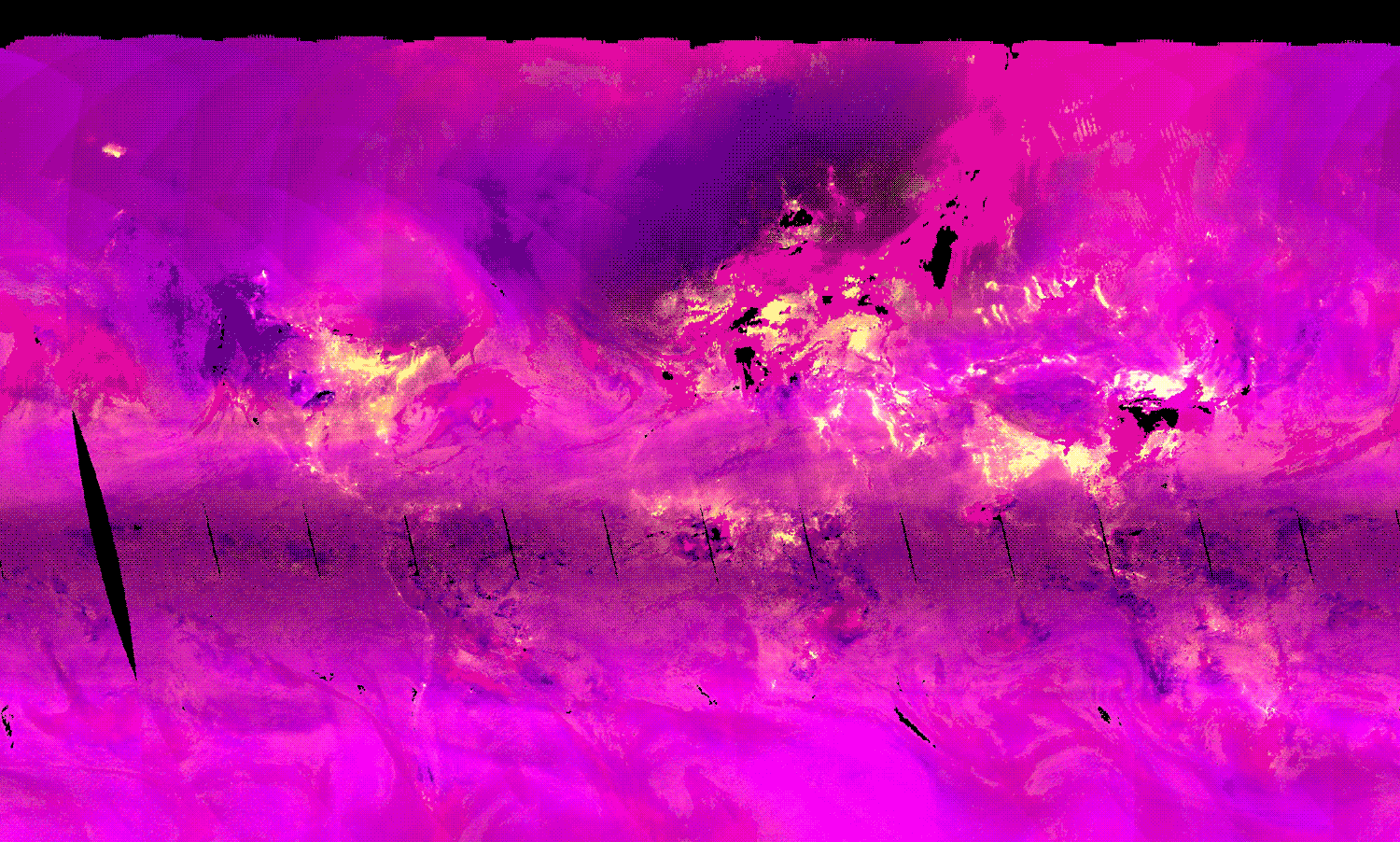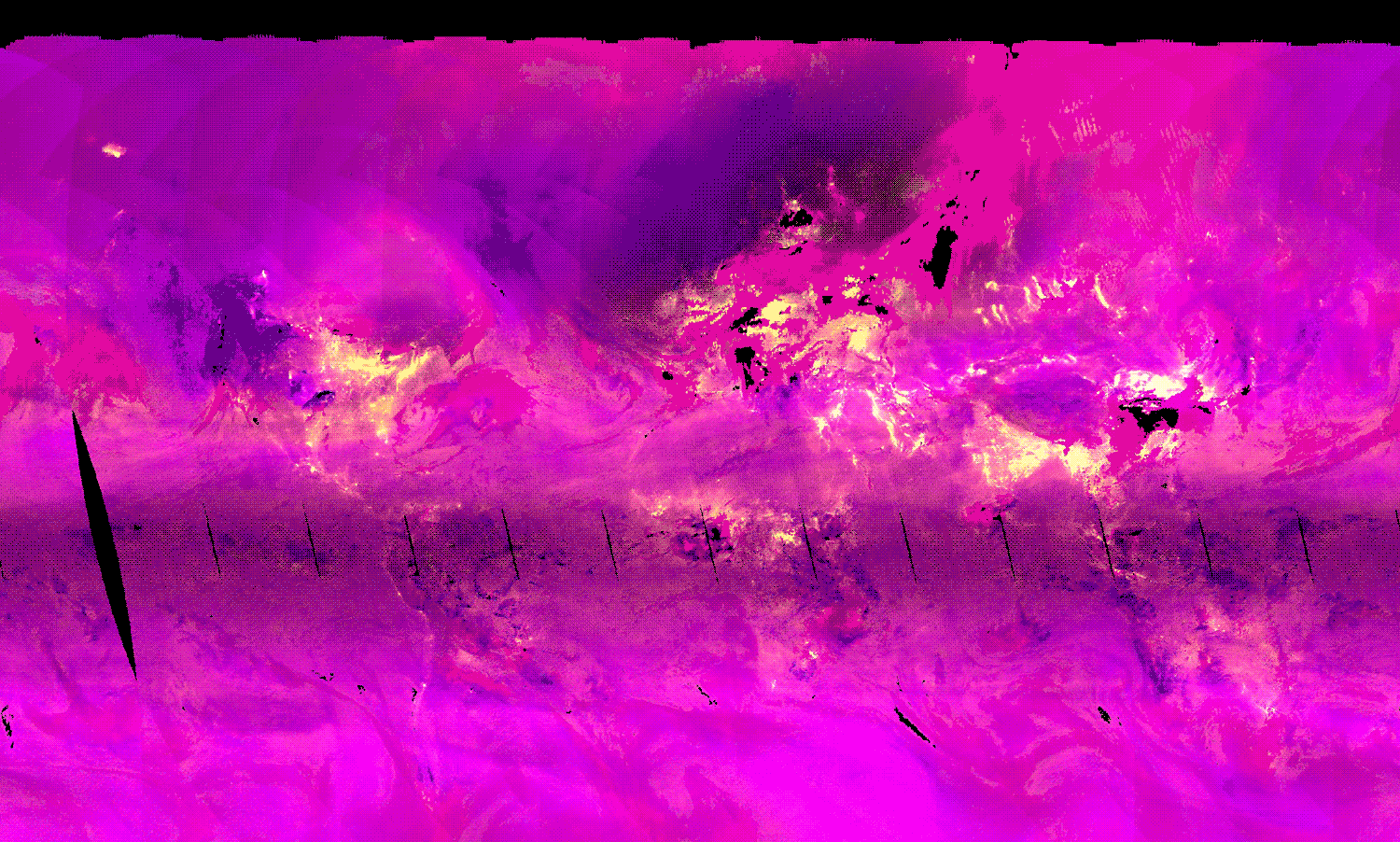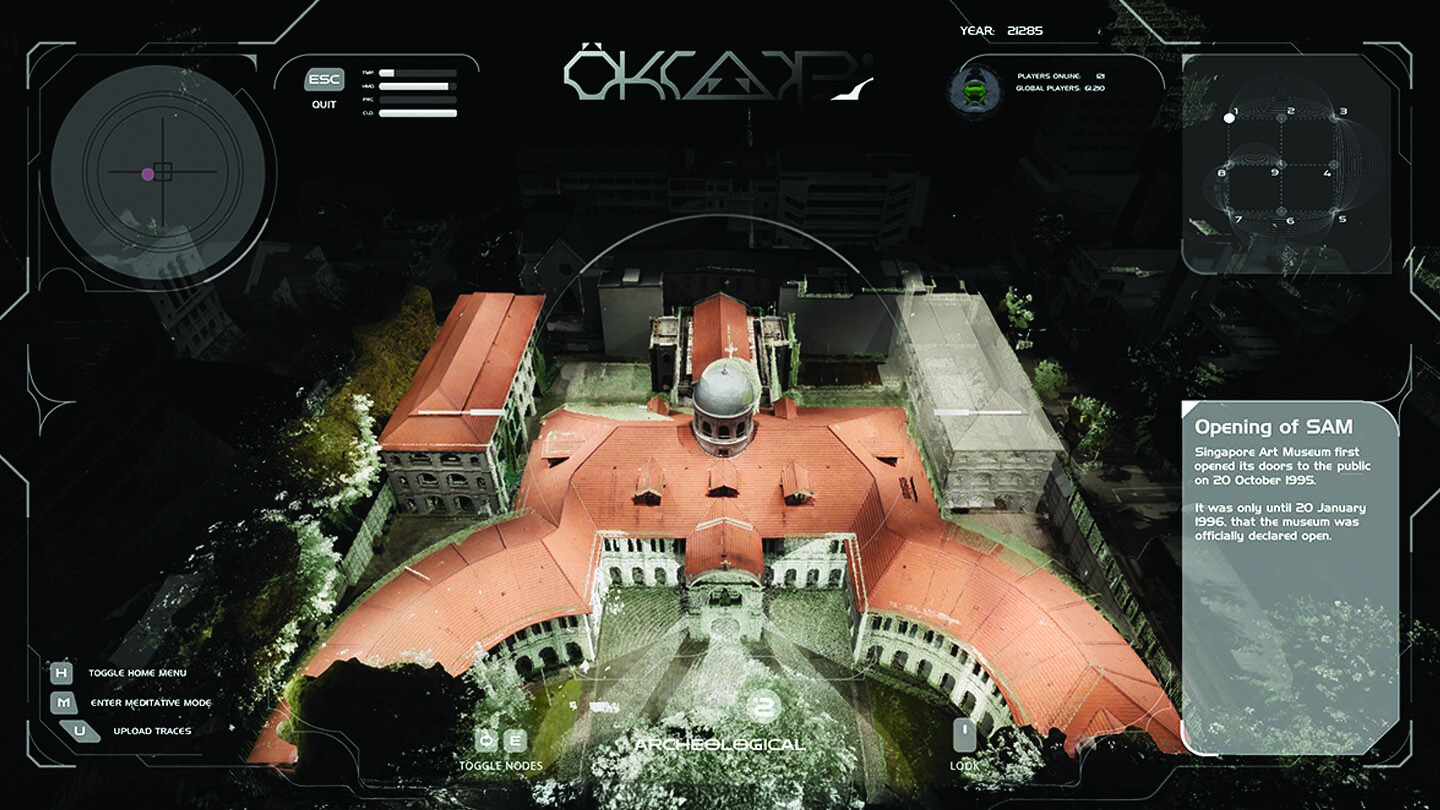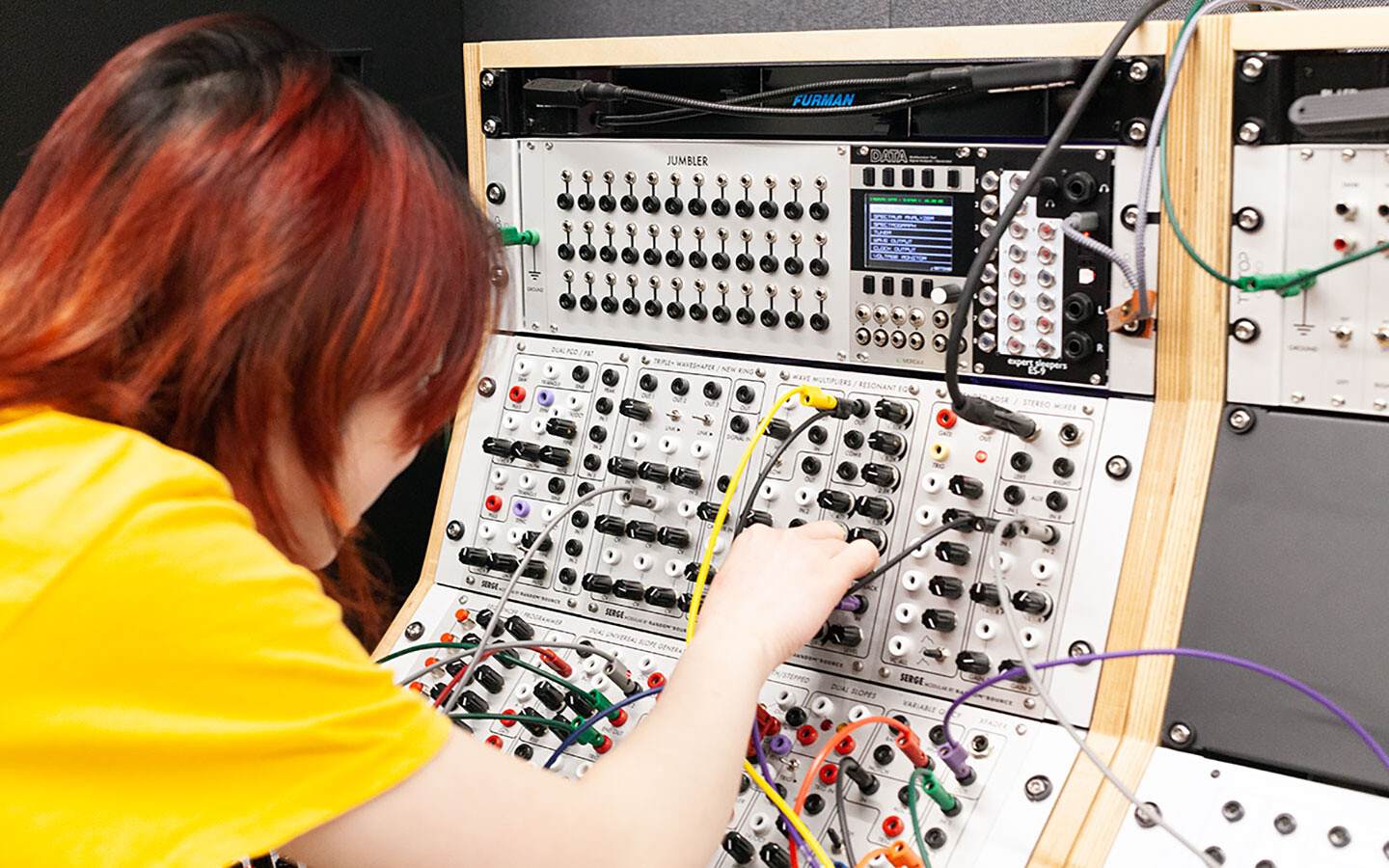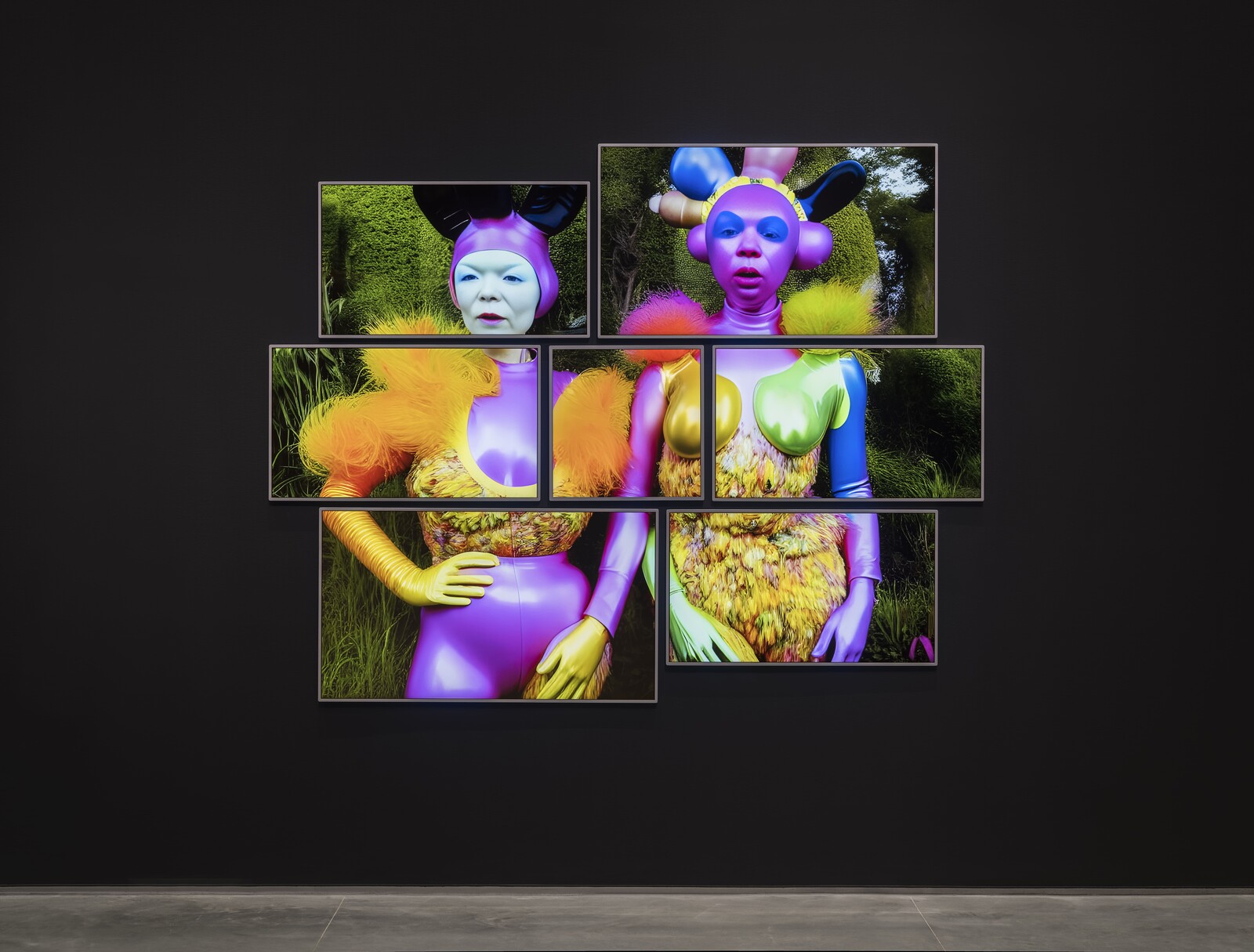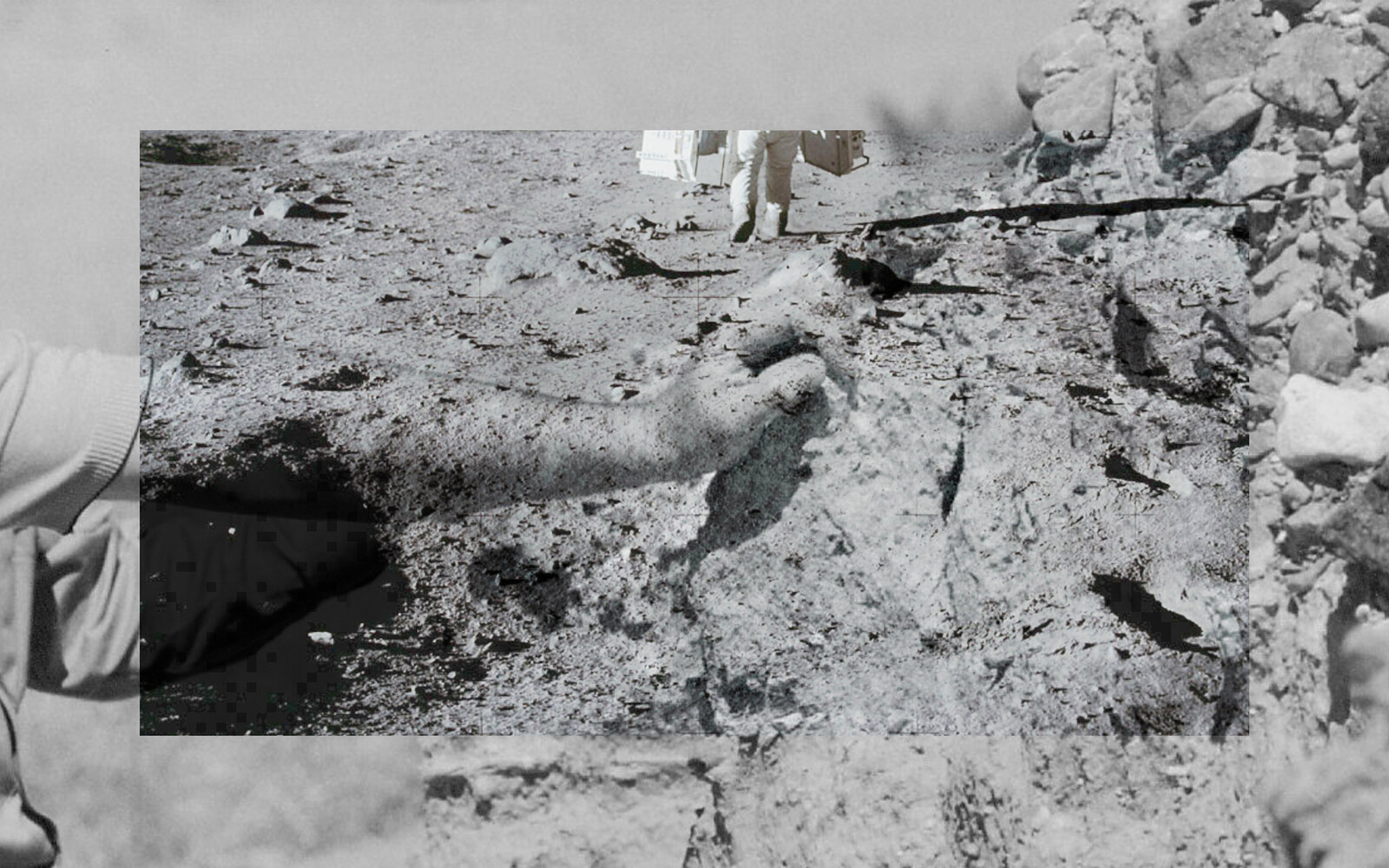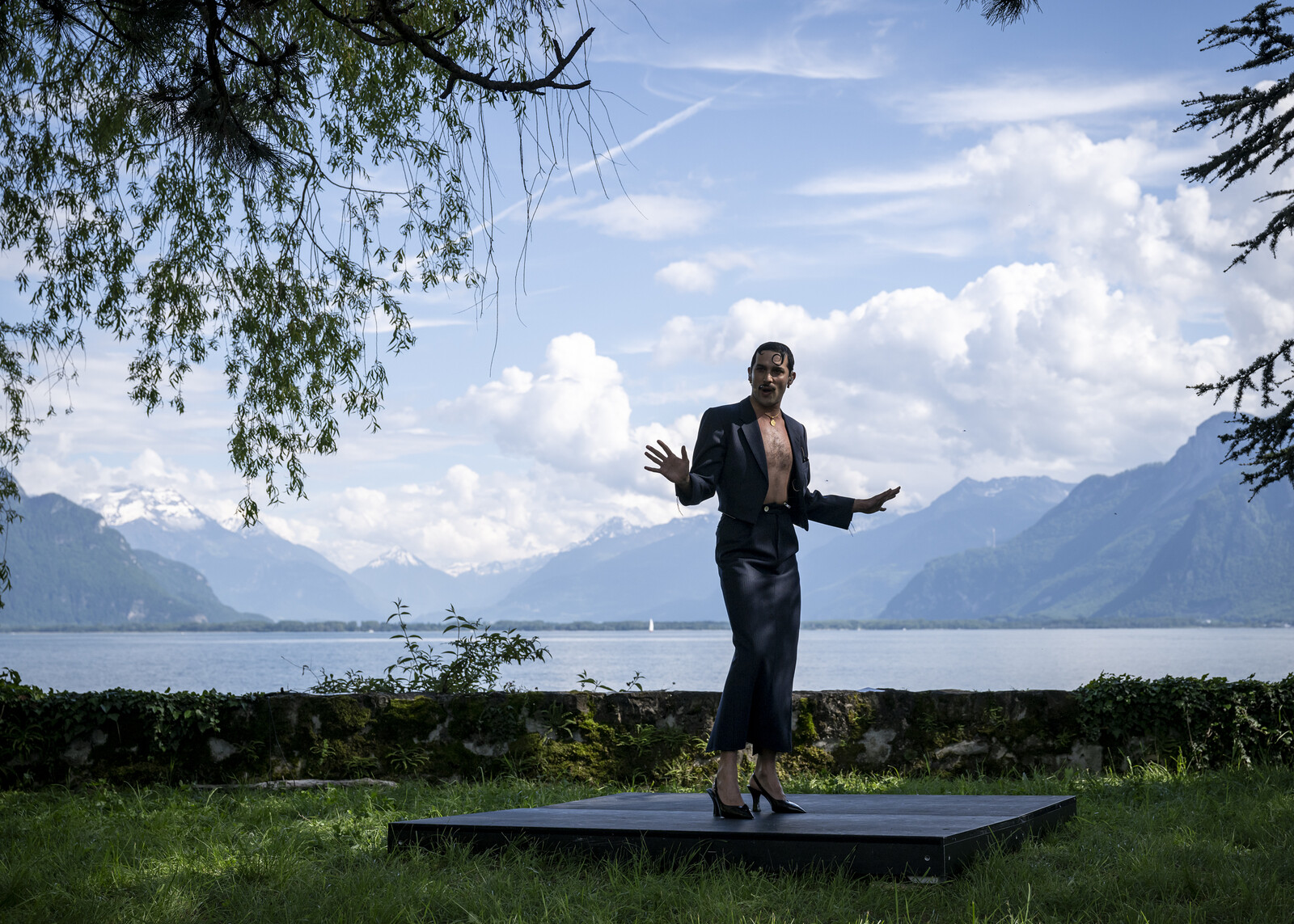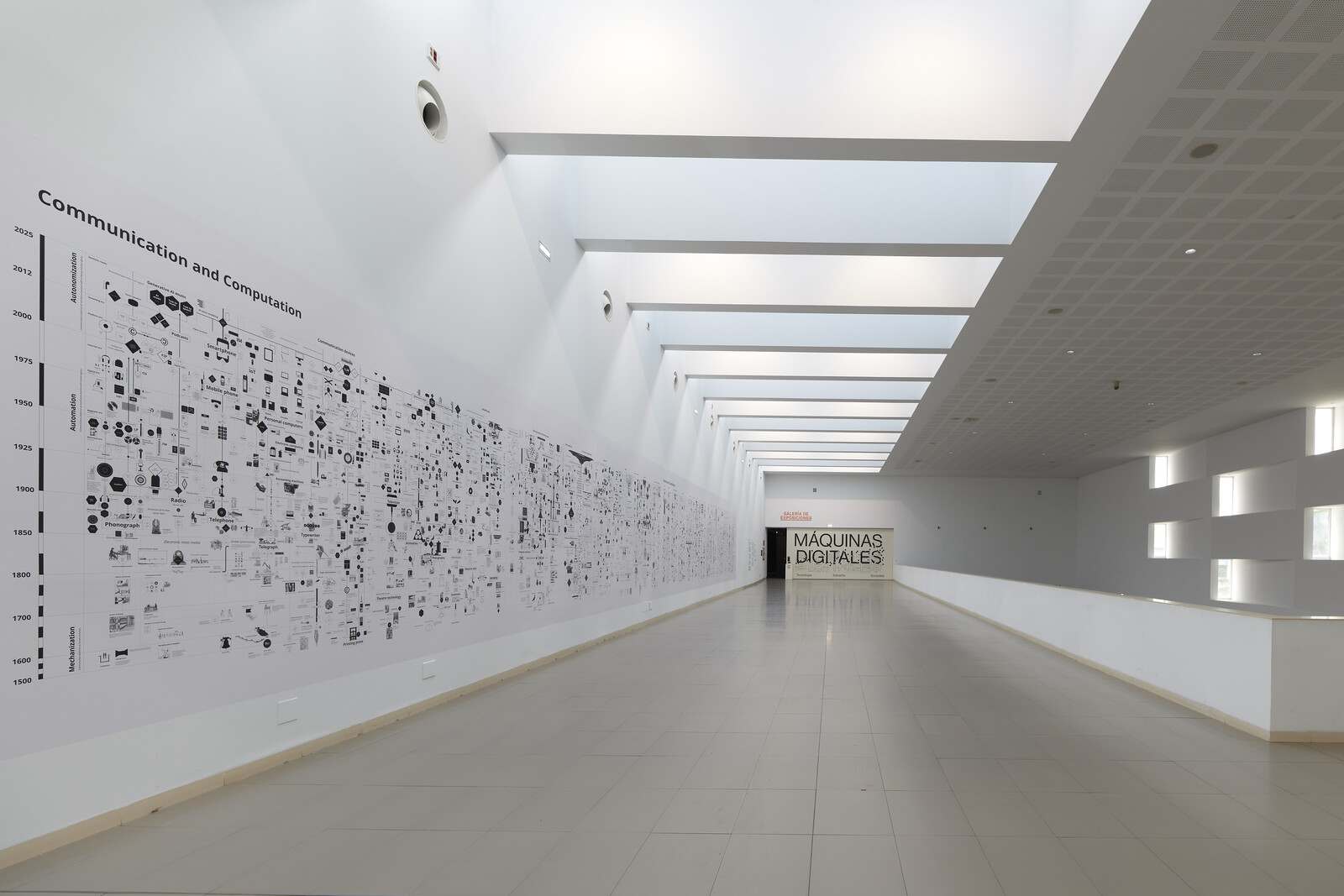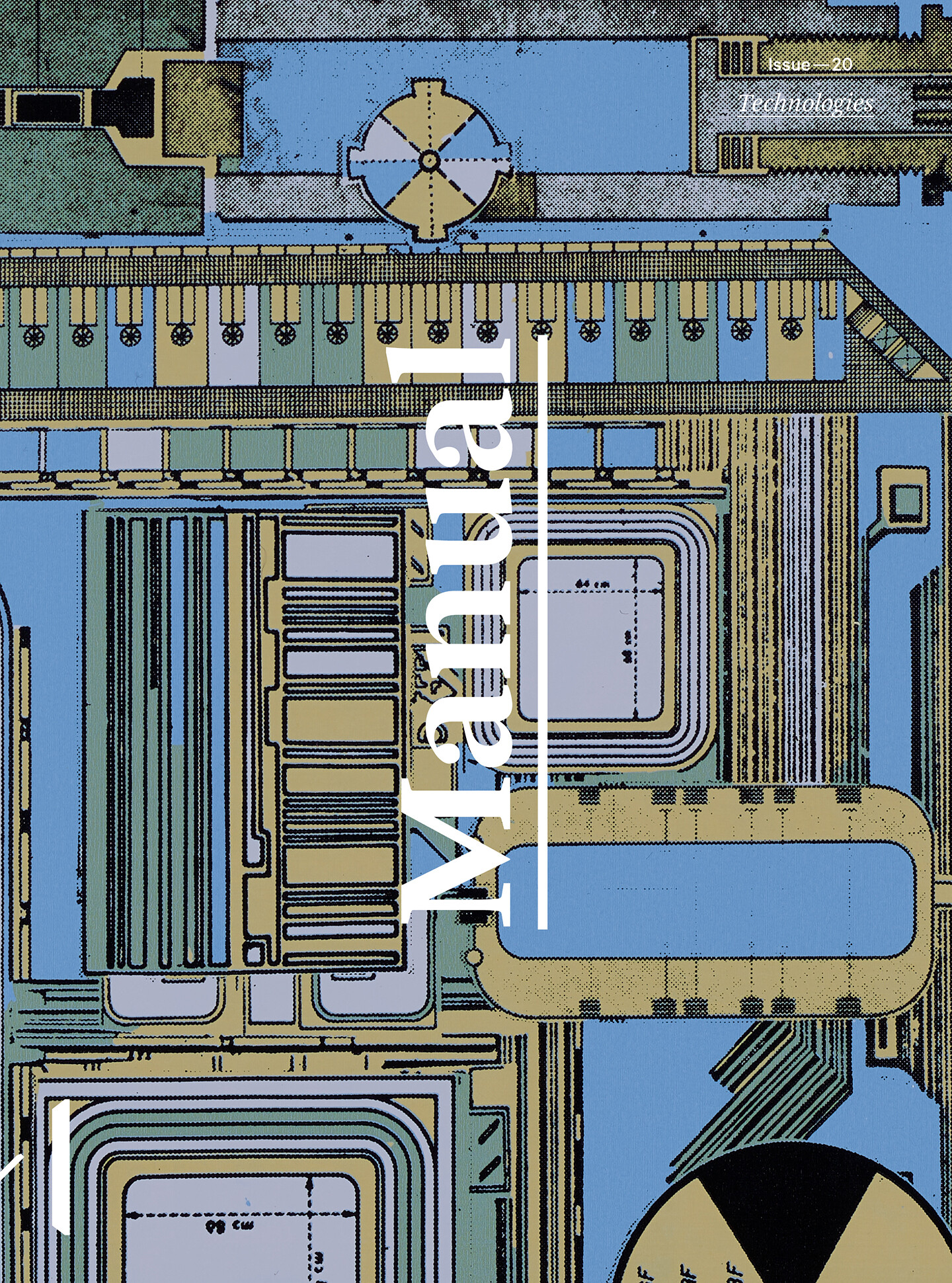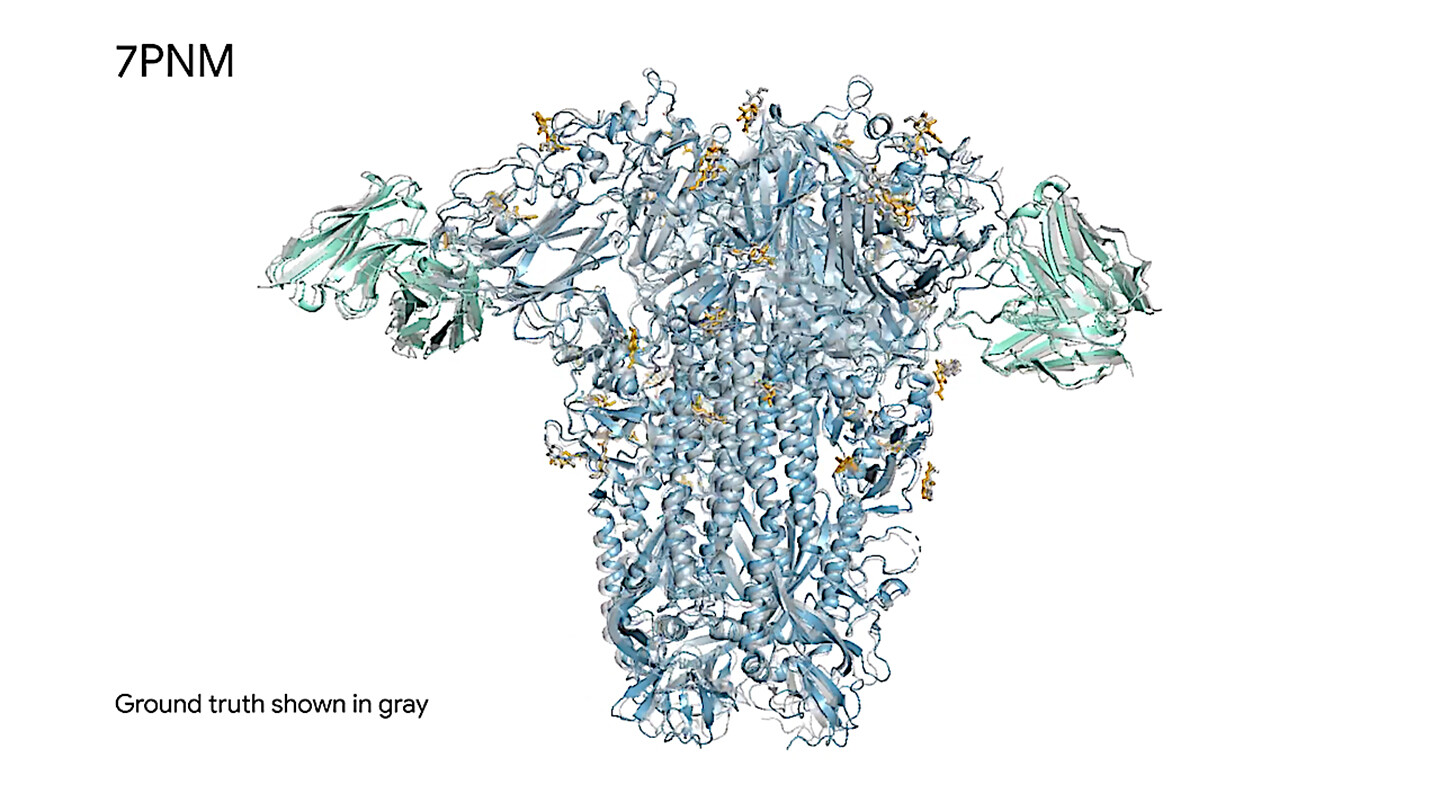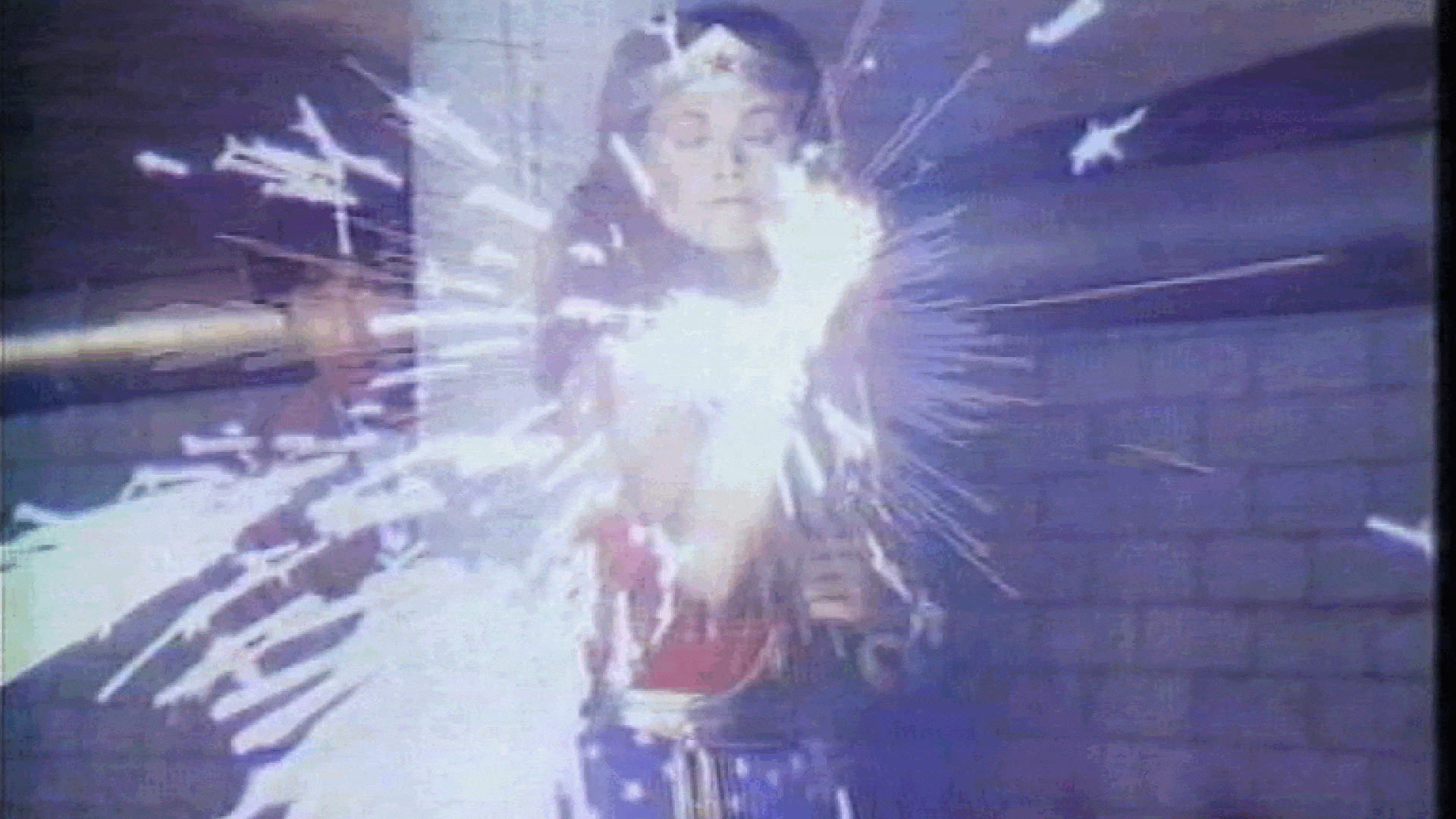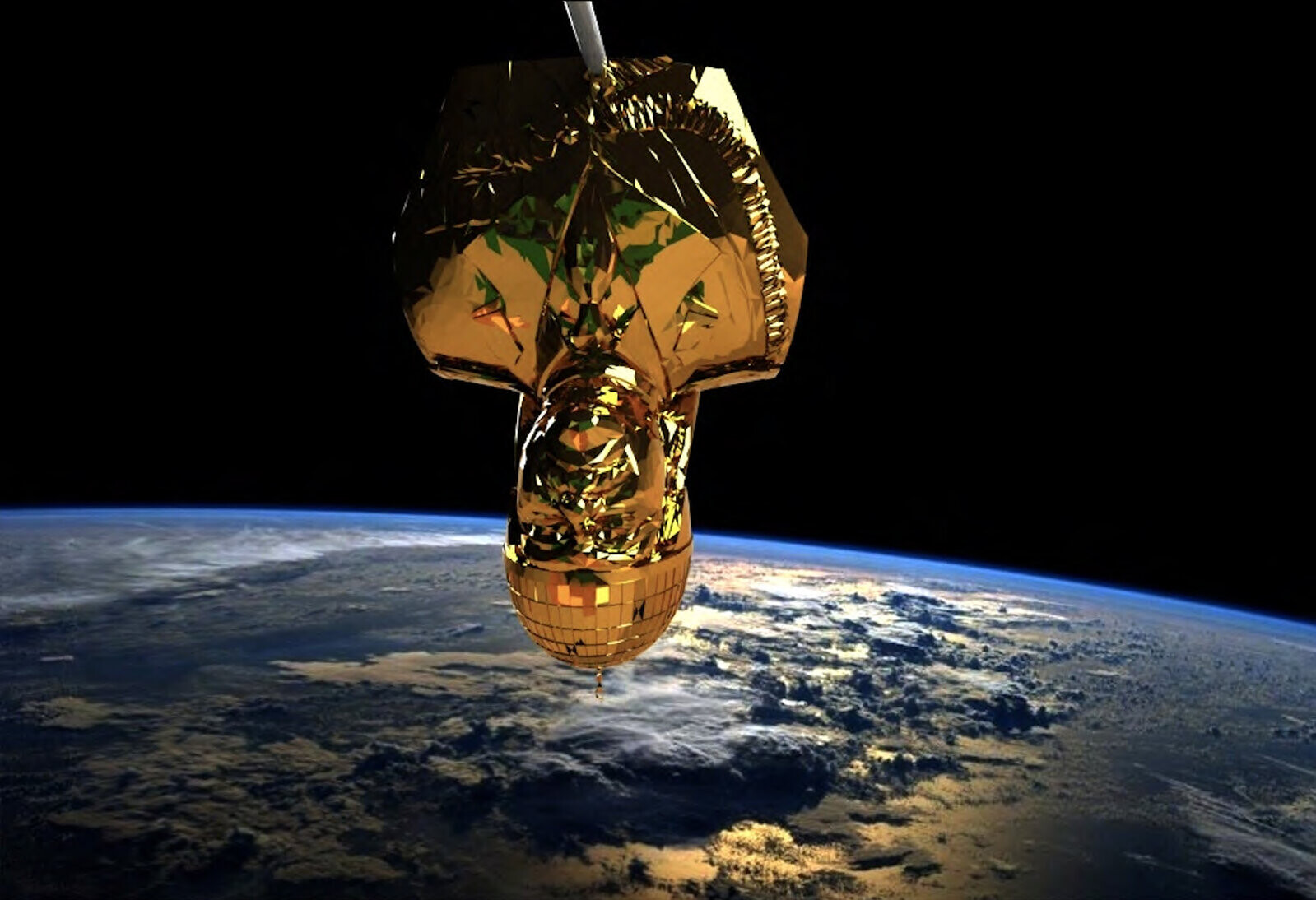Yuk Hui in Conversation with Brian Kuan Wood: Technology, Nationalism, and Post-Globalization
Planetary thinking should be oriented toward the future with a new conceptual framework. The obstacle is that today we still think primarily from the perspective of the nation-state and its economic and military interests. The planetary should not be confused with a new configuration of power between the states, such as a bipolar or multipolar configuration, because this does not change the nature of politics. For this would be the mere continuation of the politics of the nation-state; the difference would only be related to who has more power and more control over resources and the world market.
What is, then, organization? Aleksandr Bogdanov’s Essays in Tektology offers two distinct and complementary definitions, one indirect, the other explicit. If human labor discovers that “any product is a system organized from material elements by means of joining them with the elements of energy of human labor,” then it is possible to generalize from this that organization consists of the joining of elements through the expenditure of energy. “No conjunction whatsoever—not only this, biological, but none whatsoever, in the most general tektological sense of the word—can occur without an expenditure of activities,” hence also energy.
One radical strand of modern historical thinking could be termed “potentialism”—a form of historicism that is open to unprecedented actualizations and long latencies, to events transcending their conditions, and to processes of becoming that are not always reducible to classical conceptions of class. Now that it has been recaptured and refunctionalized in the service of algorithmic governance by a planetary elite of AI-pushing space invaders, what potential does the concept of potentiality still hold? How to propagate a potentialism of deviation and divergence, of the improbable-but-necessary, in opposition to the techno-dystopian future that is being made today in Silicon Valley?
If centralized AI makes the world a smaller place, tunneling AI will make it larger and more fragmented. In terms of a project for an opacity from below, tunnels are the structures that afford us the condition of opacity. They have limited access points but often lead to a sprawling and decentralized network. To maintain, build, expand, and protect tunnels, one can operate on many planes—from building and adapting new tools that destitute the centralized AI platforms, to nudging national and philanthropic investment programs towards directing funds into the techniques of “private” and decentralized AI.



